Using Yarrow In Compost – Is Yarrow Good For Composting
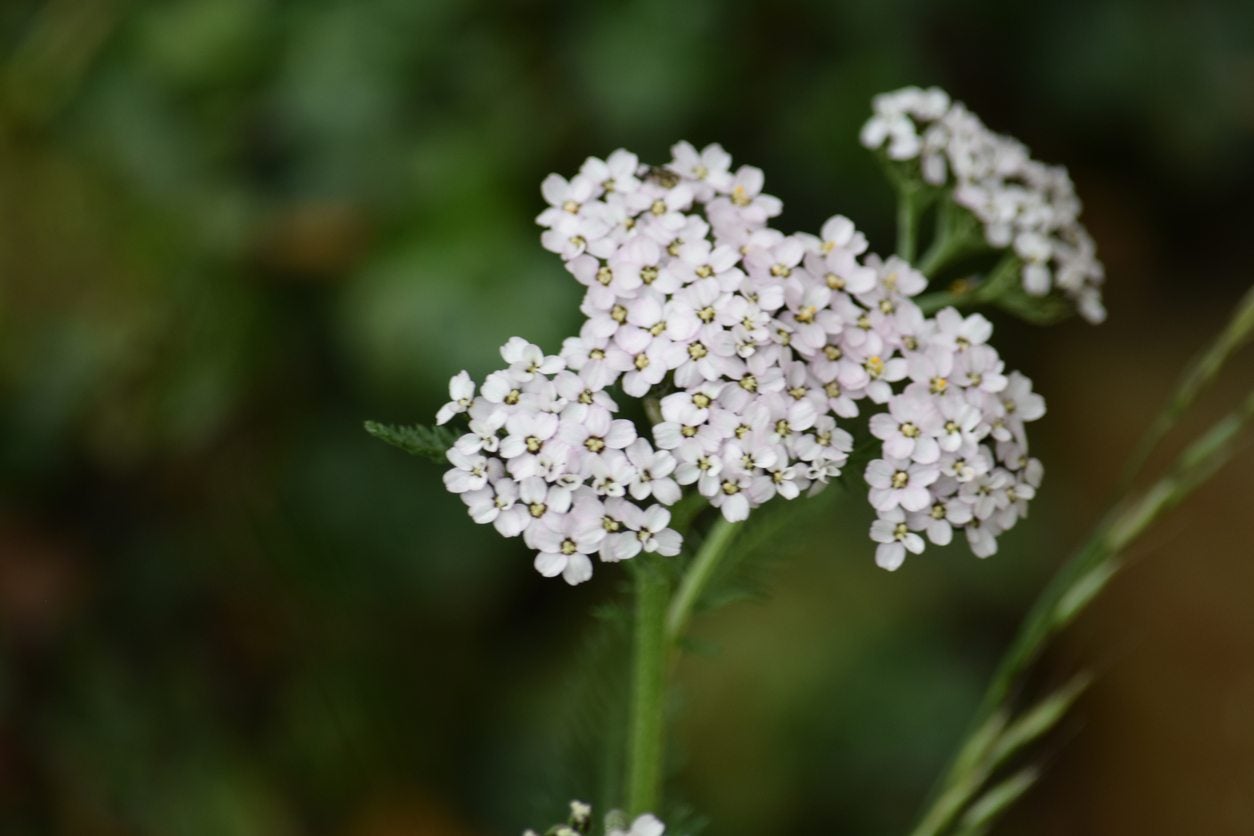

Composting is a great way to do away with garden waste and get free nutrients in return. It’s mostly common knowledge that effective compost needs a good mix of “brown” and “green” material, but if you want to go above and beyond, you can add more specialty ingredients. Yarrow, in particular, is thought to be an excellent addition because of its high concentration of certain nutrients and its ability to speed up the decomposition process. Keep reading to learn more about composting with yarrow.
Yarrow as Compost Accelerant
Is yarrow good for composting? A lot of gardeners say yes. Yarrow plants have a high concentration of sulfur, potassium, copper, phosphates, nitrates, copper, and potash. No matter what, these are beneficial nutrients to have in your compost. In fact, many gardeners use yarrow to make a useful, nutrient rich tea that can be used in a similar fashion to compost tea.
How Does Yarrow Speed Up Decomposition?
Still, there’s more to yarrow than that. It’s also thought by some sources that these high concentrations of nutrients work to speed up the decomposition process of the composting materials around them. This is good – faster decomposition means less time to finished compost and, ultimately, more compost. How does composting with yarrow work? Most sources recommend chopping up a single small yarrow leaf and adding it to your compost heap. Using yarrow in compost even in such small amounts is, presumably, enough to have a noticeable effect. So what’s the bottom line? Composting with yarrow is certainly worth a try, but the amount needed is so miniscule that it’s not necessarily worth it to plant an entire crop just for the sake of adding it to the compost pile. If you already have it growing in your garden, however, give it a shot! At the very least you’ll be adding plenty of good nutrients to your eventual compost.
Gardening tips, videos, info and more delivered right to your inbox!
Sign up for the Gardening Know How newsletter today and receive a free copy of our e-book "How to Grow Delicious Tomatoes".

The only child of a horticulturist and an English teacher, Liz Baessler was destined to become a gardening editor. She has been with Gardening Know how since 2015, and a Senior Editor since 2020. She holds a BA in English from Brandeis University and an MA in English from the University of Geneva, Switzerland. After years of gardening in containers and community garden plots, she finally has a backyard of her own, which she is systematically filling with vegetables and flowers.
-
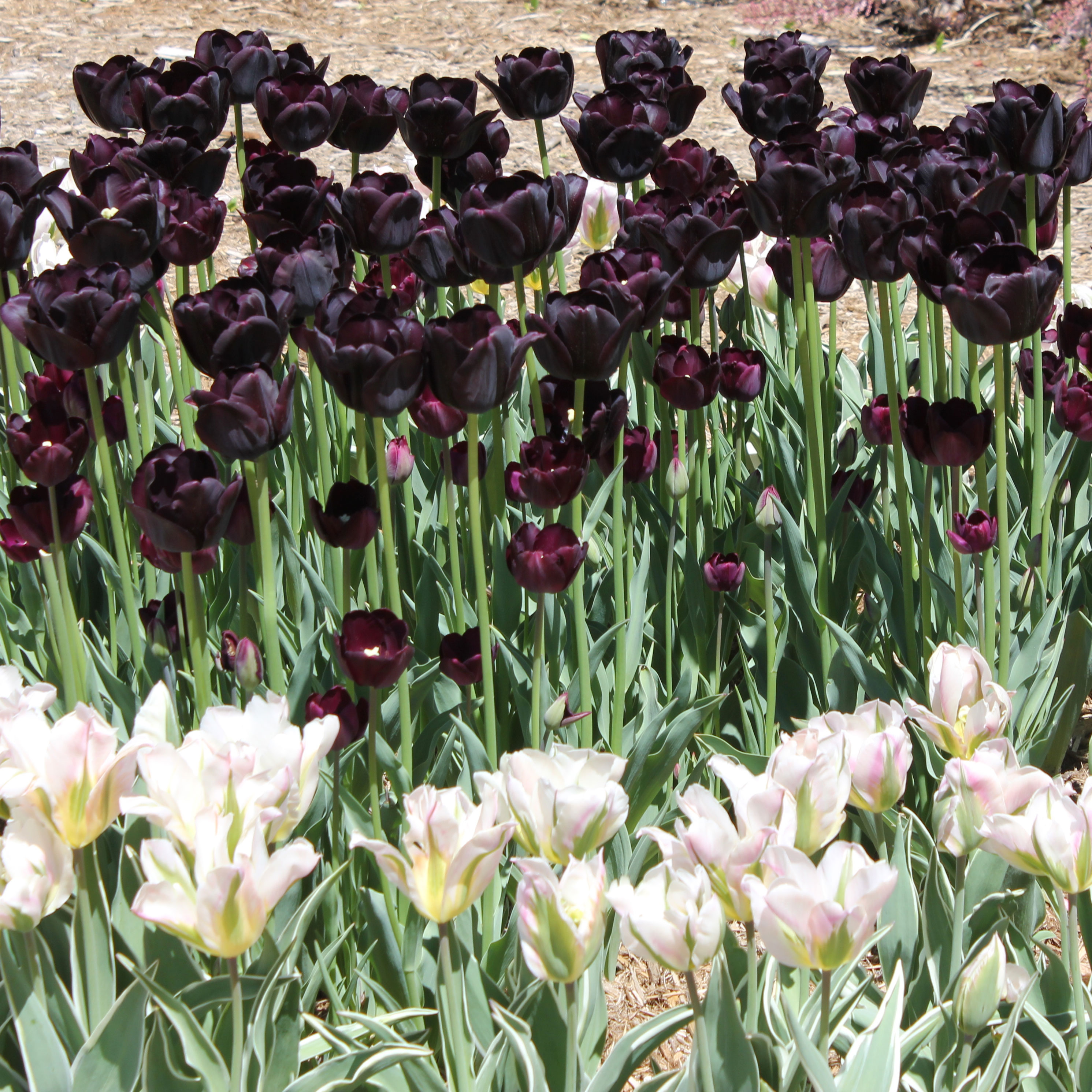 Moody Blooms For Spring: 8 Types Of Black Flowers To Add Drama To Spring Displays
Moody Blooms For Spring: 8 Types Of Black Flowers To Add Drama To Spring DisplaysFrom midnight burgundies to inky violets, several types of black flowers can enrich and embolden a spring display. Try these brooding bloomers for a moody garden
By Tonya Barnett
-
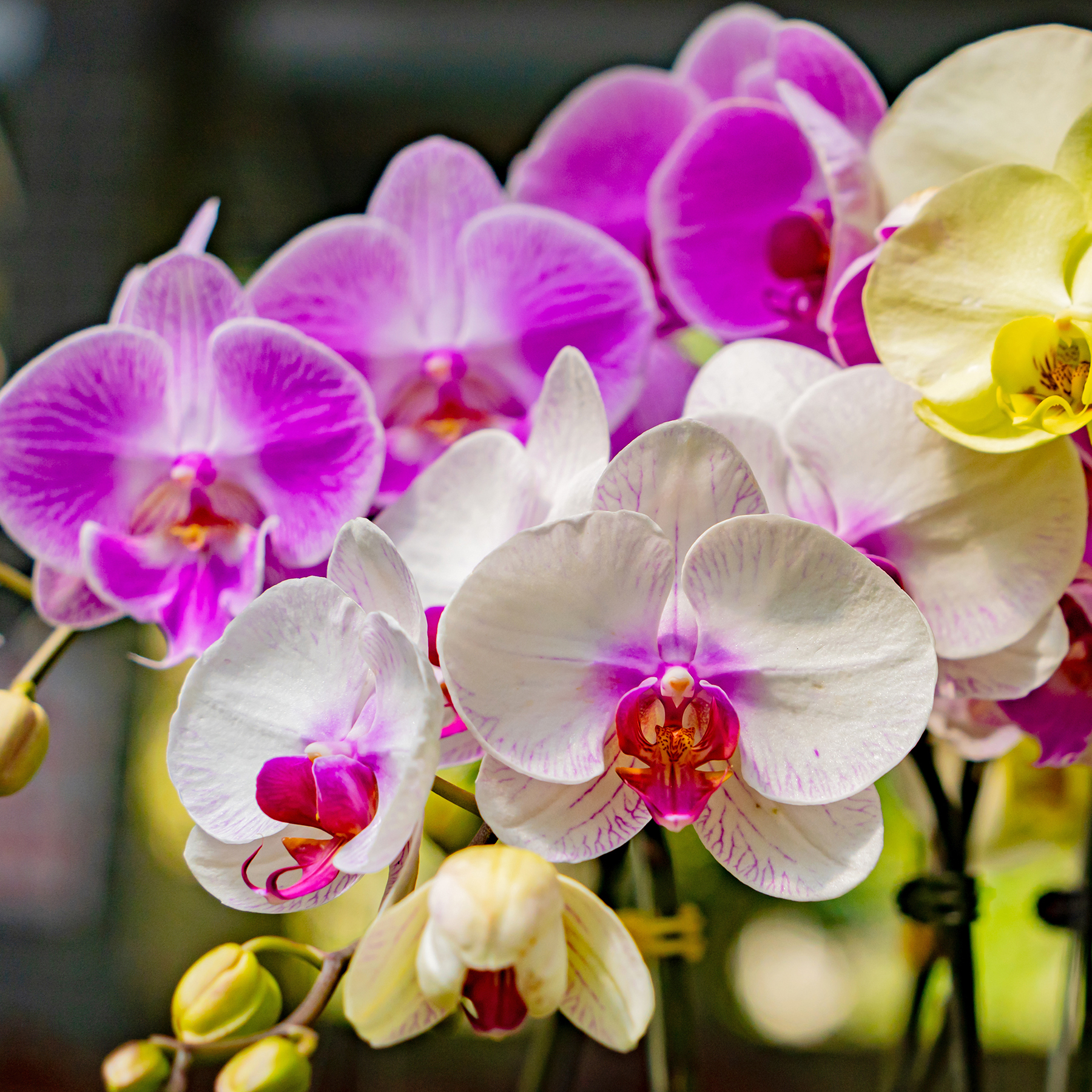 My Homemade Orchid Fertilizer Always Brings More Blooms – Here's The Easy Recipe That Transforms Plants
My Homemade Orchid Fertilizer Always Brings More Blooms – Here's The Easy Recipe That Transforms PlantsScientist-turned-gardener Mary Ellen Ellis shares her tried-and-tested DIY orchid fertilizer recipe, plus more ingredients to try for healthy, happy plants.
By Mary Ellen Ellis
-
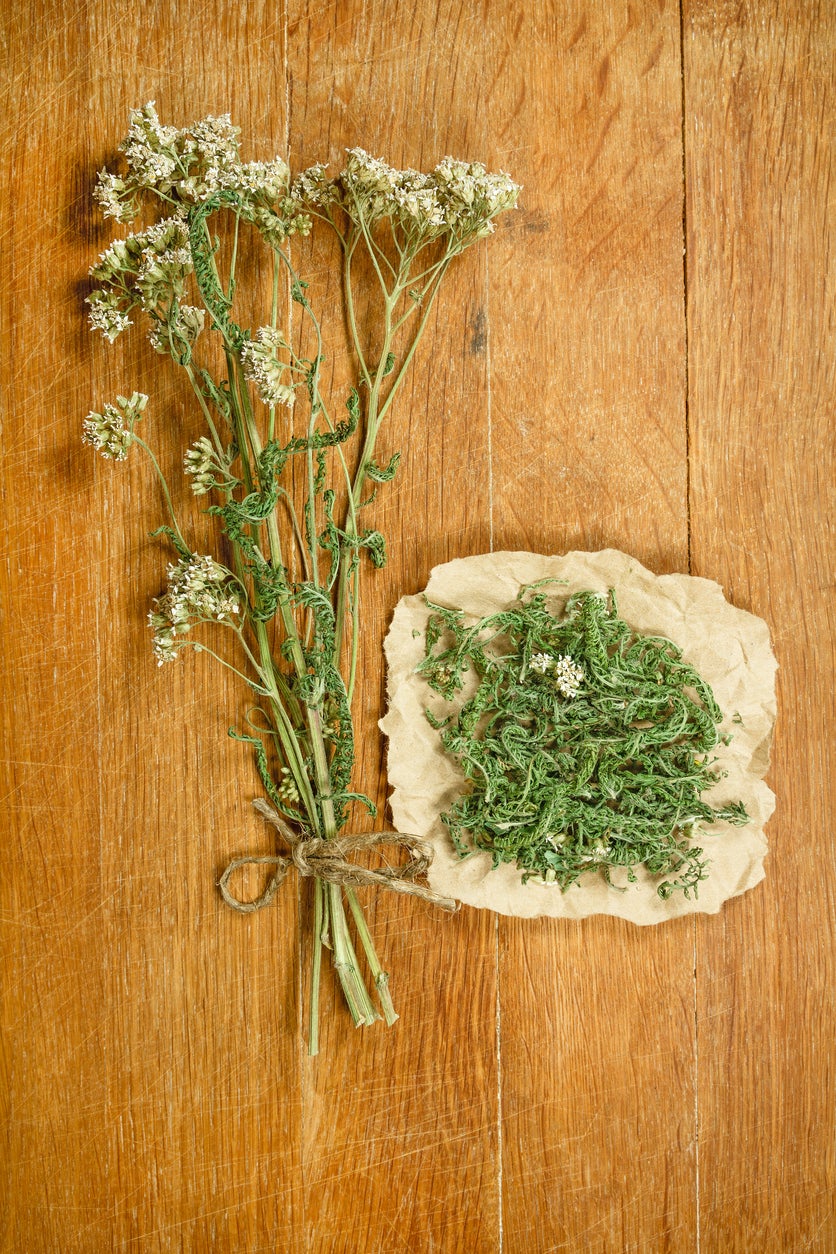 Yarrow Plant Uses – What Are The Benefits Of Yarrow
Yarrow Plant Uses – What Are The Benefits Of YarrowBy Darcy Larum
-
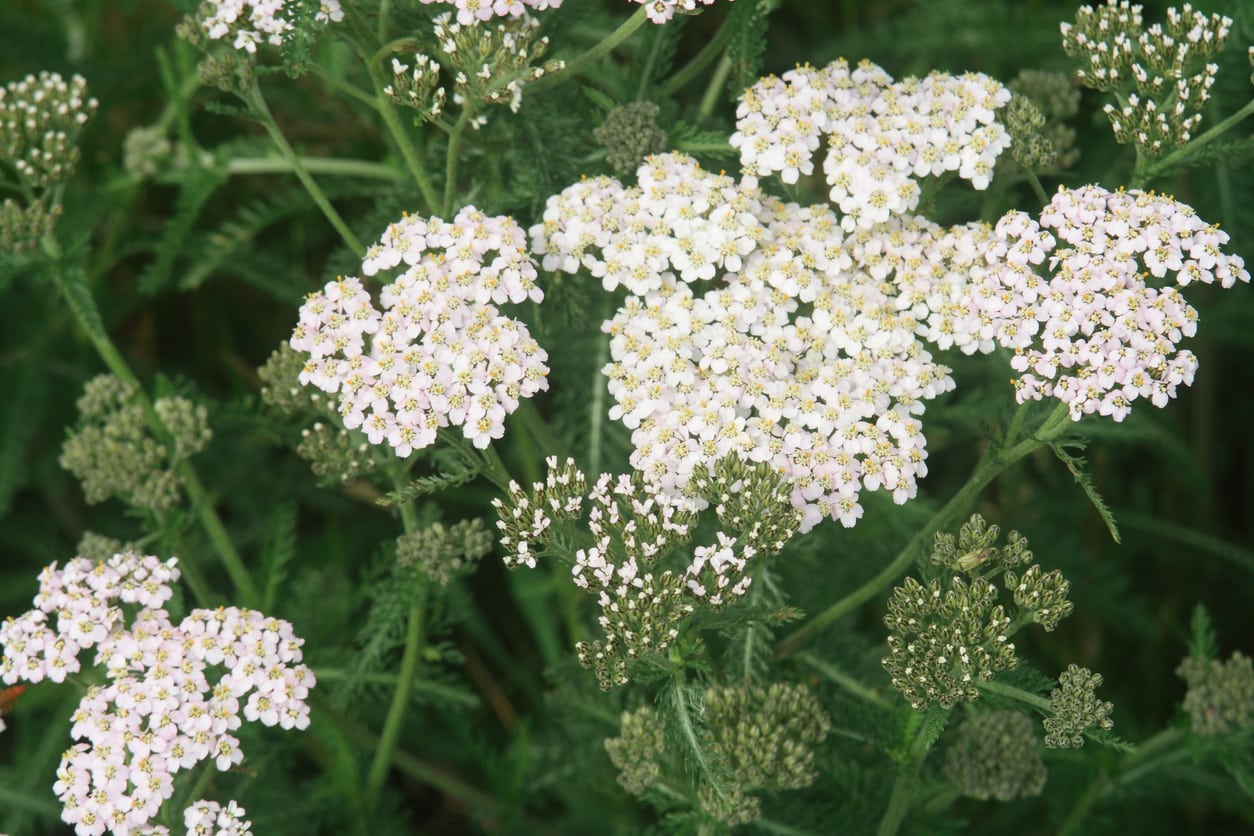 Cutting Back Yarrow – Information On Pruning A Yarrow Plant
Cutting Back Yarrow – Information On Pruning A Yarrow PlantKeep in mind that “low maintenance” is not the same as “no maintenance.” Yarrow trimming, for instance, is necessary. Learn more about how to prune yarrow and why pruning a yarrow plant is important in this article. Click here for more info.
By Shelley Pierce
-
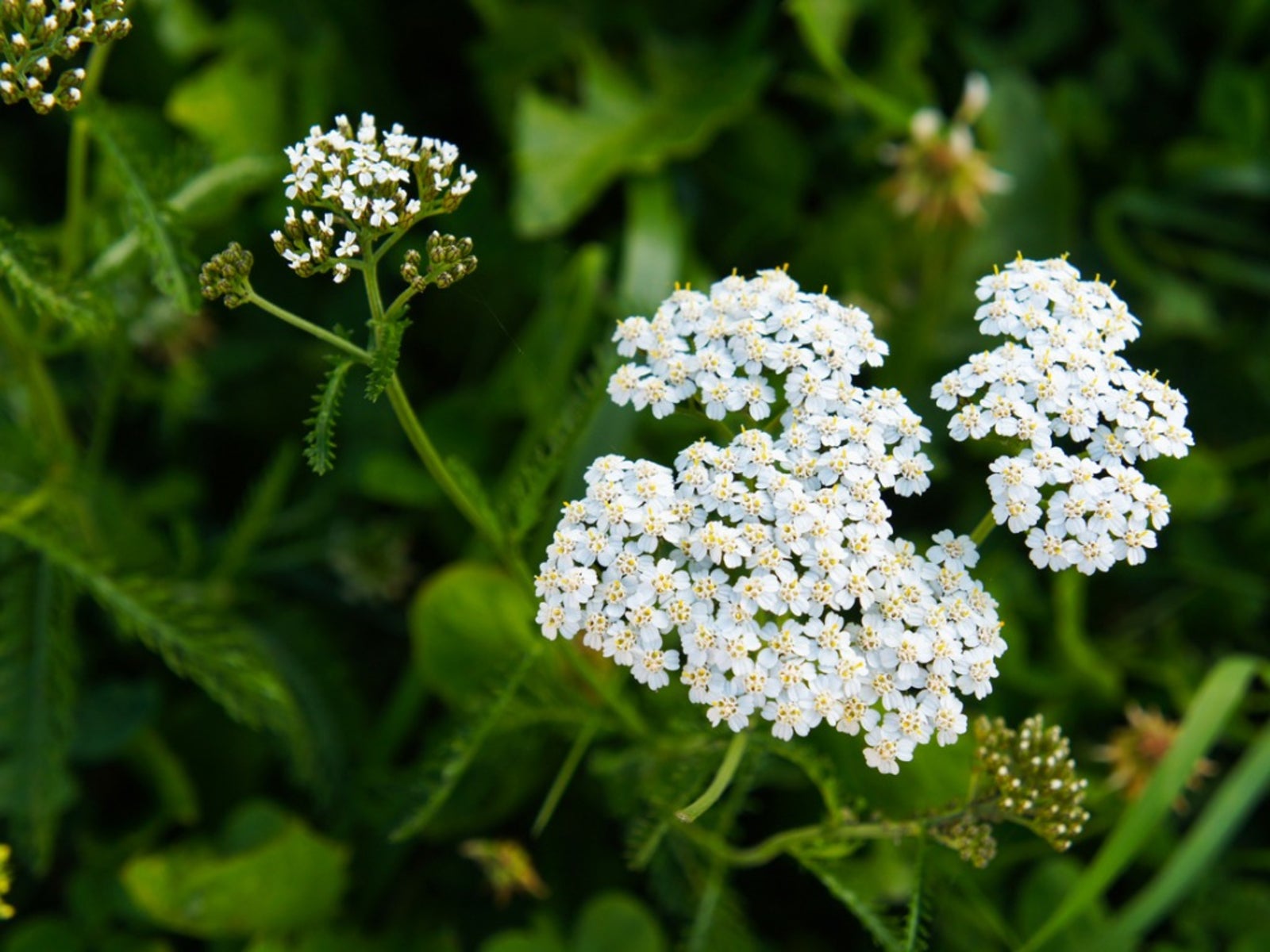 Yarrow Control: Tips To Remove Yarrow
Yarrow Control: Tips To Remove YarrowYarrow is a perennial plant with feathery leaves that may be both a blessing and a curse in the home landscape and often called yarrow weeds. This article will help with controlling yarrow should it become warranted.
By Bonnie L. Grant
-
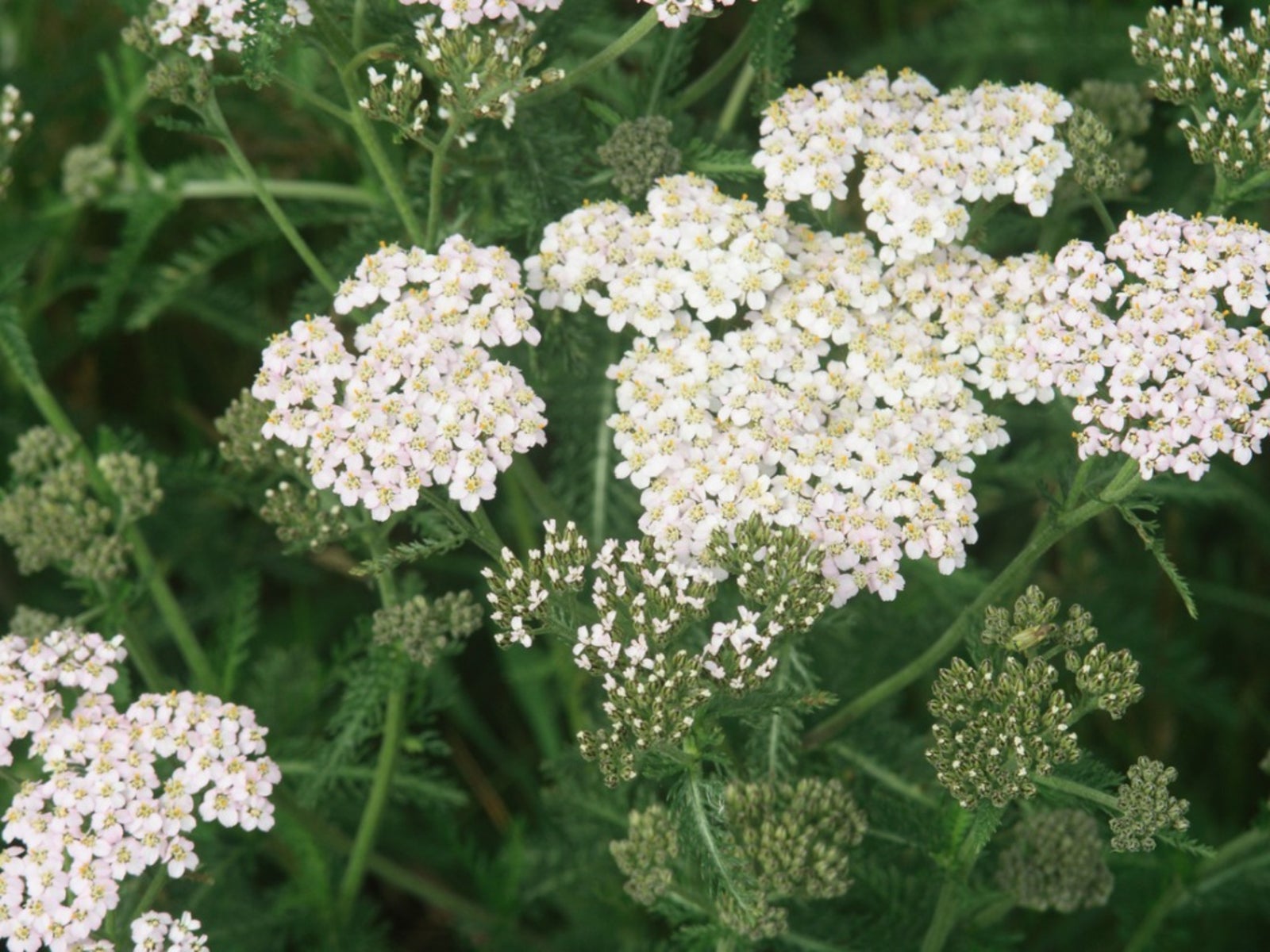 Yarrow Care - Growing Yarrow Herb In Your Garden
Yarrow Care - Growing Yarrow Herb In Your GardenOften sold as a flowering perennial, the yarrow plant is actually an herb. Lovely and medicinal, yarrow is super easy to grow and comes in a range of colors.
By Heather Rhoades